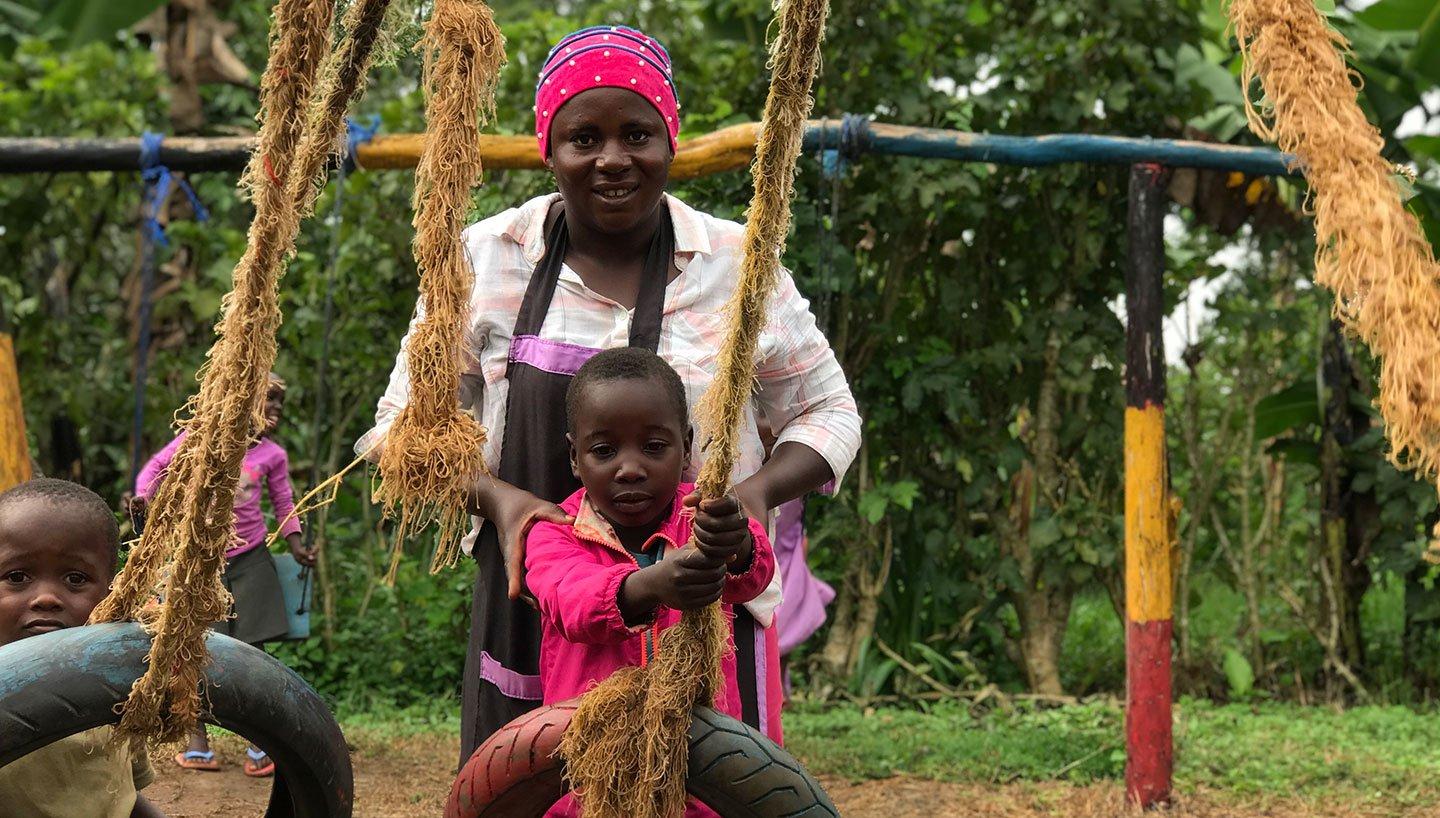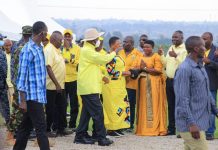Africa-Press – Uganda. This year is probably one that will go down in history as one with the most secondary school strikes in the country. Many of these strikes have been over various things from being fed poor quality food to having no electricity to help them revise.
The latest is that of Sebei College Tegeres which on October 23 suspended 800 students for two weeks. The students are reported to have gone on strike after the school administration failed to show them the second half of the English Premier League match between Chelsea and Manchester United on Saturday.
The school administration says electricity went off during the match and the generator had a problem and could not be used. The students insist that the school has been denying them entertainment and when they asked for the generator to be put on after power went off, they were told to go and revise instead. The blame game will probably continue for the next few weeks.
Earlier this year, four schools in Masaka Sub-region suffered a violent strike in a space of three weeks including St. John’s Comprehensive Secondary School, St. Gonzaga Secondary School, Kijjukizo, Kaikolongo Seed School and Blessed Sacrament Kimaanya. In July, students from Muntuyera High School in Kitunga were suspended after a riot over student elections.
Other schools that had faced strikes this year include Mandela Senior Secondary School in Hoima, Sipi Secondary School and others.
All these strikes point to something that heads of schools and educators need to look at. Some of the issues over which the students are striking are as strange as they come.
What this might mean is that the students feel the issues they raise should not be ignored, and they are not willing to be forced to follow what the school says if they do not agree with it. They also feel bolder to retaliate against the administration if they feel they are not being listened to. The students that schools are dealing with are quite different from the ones they had before the lockdown happened. These students were at home for almost two years left with idle time to do all sorts of things.
They were exposed to all kinds of elements and materials, many of them without guidance.
It would be prudent for a survey or research to be commissioned to understand the underlying reasons for these strikes. The survey might inform schools of different ways to deal with teenagers apart from the force and authoritative hand they have been employing, and the earlier they can figure this out, the better.
For More News And Analysis About Uganda Follow Africa-Press






